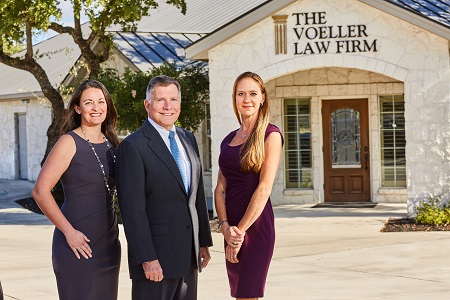Medicaid planning encompasses a wide variety of services provided by professionals and volunteers. A general definition is any assistance provided to a potential Medicaid applicant in preparing their Medicaid application. Medicaid planning can be as basic as assistance with document preparation or as complicated as a complete restructuring of one’s financial assets to ensure the best possible payout.
The Financial Angle
Many problems associated with Medicaid planning occurs when an individual’s monthly income or resources exceed Medicaid financial eligibility limits. The limits as applied to long-term care dictate how much Medicaid will shell out for health care. In this situation, using tools such as Qualified Income Trusts, also called Miller trusts, and ‘pooled trusts’ convert assets into non- countable Medicaid assets that increase benefits. These transactions can be dizzyingly complex and differ from state to state. Safe to say that Medicaid planning that ensures maximum Medicaid payout requires the expertise of a knowledgeable attorney.
Medicaid Planning in Texas
Income Limits – Texas is one of 13 states with a Medicaid eligibility income cap with no allowance for medical expenses. In 2019 it was $2,313/month.
Qualified Income Trusts – Assets are set up to offset small personal needs allows for someone receiving Medicaid benefits ($60/month in Texas). It pays for unreimbursed medical expenses such as dentistry and health insurance premiums, and $3,160.50 per month (2019) to maintain the spouse who remains in the community after the other spouse goes into long-term care.
Personal Needs Allowance – The $2,313 per month allowed by Medicaid is reduced to $60 a month for people in long-term care facilities. Texas, where 78% of people qualify for Medicaid, does not supplement the federal Medicaid benefit.
Eligibility – The community property concept has no positive bearing on Medicaid eligibility.
Residences – Transferring your home to avoid its inclusion under assets may result in a penalty period. During this period, you are not eligible for Medicaid unless the home is transferred to specific people.
- Your spouse
- A child under 21
- A child of any age who is blind or disabled
- A trust for a disabled person under 65 (in some circumstances the Medicaid applicant)
- A sibling who already has an equity interest in the home and has lived there for at least one year before you apply
- An adult child who lived with you for at least two years and postponed your application for Medicaid.
Exemptions (not counted as assets)
- One vehicle to transport the applicant; a second if handicapped-accessible; sometimes a third if needed to transport the spouse to work.
- Livestock if part of a trade or business or exclusively for home consumption, including two horses
- Property used in the applicant’s trade or business if essential to self-support, previously used and expected to be used in the future
- Real property essential to self-support such as rental property, leased farm property, and income-producing mineral rights producing up to $6,000 per year with a net annual return of at least 6%
- Personal property worth up to $60,000
- Burial plots and prepaid funeral expenses up to $1,500
Because your finances and assets change over time, Medicaid planning can be difficult. Depending on how and who handles your application, you could end up not receiving the payouts you deserve. If not handled properly your estate could be depleted paying off federal government “loans” for long-term care and other services after you die.
Contact Our Office Today!
Let The Voeller Law Firm prepare a Medicaid plan that works for you and not the government. Protect your assets. Call now for a free consultation. The Voeller Law Firm, located at 19311, FM 2252, Suite 103, San Antonio, Texas 78266. (210) 651-3851

